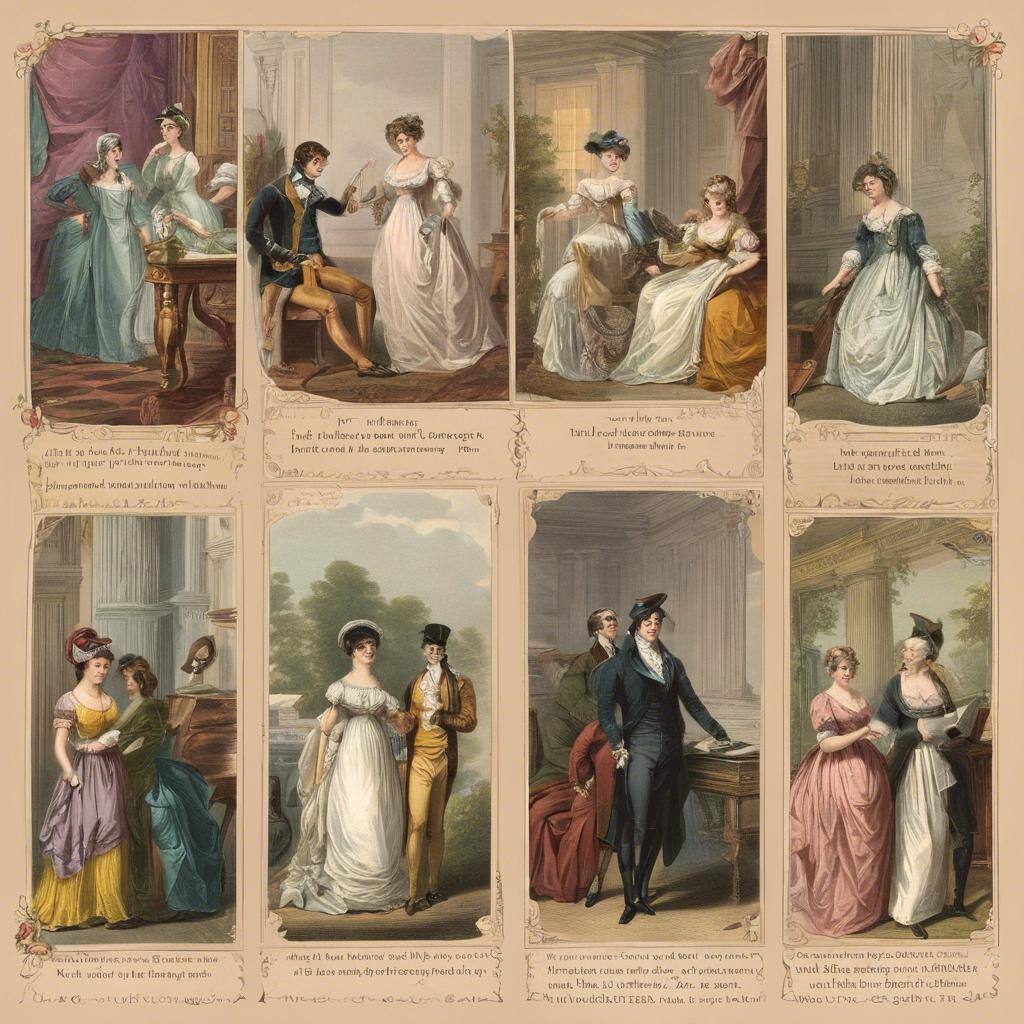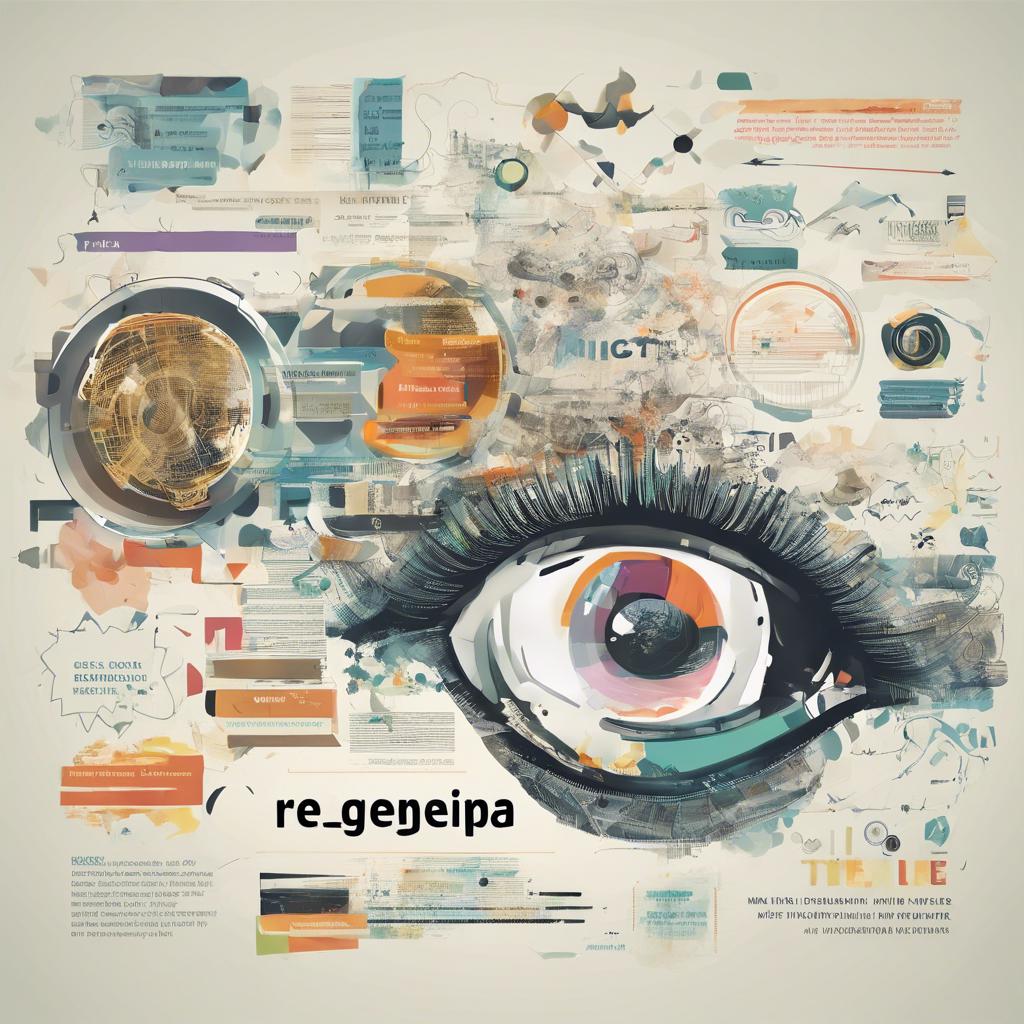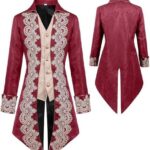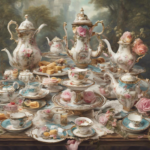During the Regency era in early 19th century England, a unique and elegant language flourished among the aristocracy and upper classes. This period, sandwiched between the Georgian and Victorian eras, was marked by its distinctive phrases and expressions that reflected the social norms and customs of the time. In this article, we will explore the fascinating world of Regency-era language, delving into the origins and meanings of some of the most popular phrases from this elegant and sophisticated period in history.
Step Into the World of Cheryl Bolen
Dive into the enchanting stories of love, intrigue, and elegance set in the Regency Era. Cheryl Bolen's novels offer timeless romance and captivating tales that will leave you wanting more.
Explore Cheryl Bolen's Books Now
Introduction to Regency Era Phrases
During the Regency Era in early 19th century England, a unique language and set of phrases were popular among the upper class. These phrases reflected the sophisticated and refined mannerisms of the time, as well as the societal norms and customs of the period. From polite greetings to subtle insults, the language of the Regency Era was full of colorful expressions that added a touch of elegance to everyday conversations.
One common phrase used during the Regency Era was “How’d you do?” as a polite way of inquiring about someone’s well-being. This phrase was often used when greeting someone for the first time or when meeting an acquaintance in a social setting. Another popular expression was “By Jove!” which was used to express surprise, astonishment, or admiration. These phrases were part of the social code of the time and helped to establish a sense of decorum and sophistication among the upper class.
In addition to formal greetings and expressions of surprise, the Regency Era also had its own set of insults and colorful language. For example, calling someone a “ninnyhammer” was a playful way of teasing or mocking them, while referring to someone as a “fribble” was a subtle insult implying that they were frivolous or insignificant. These witty and clever expressions were used to convey subtle messages and navigate the social hierarchies of the time.
Exploring the Language of High Society
In the Regency Era, the language of high society was filled with intricate phrases and subtle nuances that set the aristocracy apart from the common folk. These phrases were not just a way of speaking, but a way of life, reflecting the elegance and refinement of the upper class.
Some notable Regency Era phrases include:
- “Ton” - Referring to the fashionable elite of society
- “Dearest” – A term of endearment used among close acquaintances
- “Blue-stocking” – A learned or intellectual woman, often associated with literary gatherings
Understanding the language of high society in the Regency Era is essential for anyone looking to immerse themselves in the world of Jane Austen novels and period dramas. By studying these phrases and their meanings, we can gain a deeper appreciation for the history and culture of this fascinating time.
Unveiling the Hidden Meanings Behind Popular Expressions
Regency Era Phrases
During the Regency Era, a period known for its elegance and refinement, many popular expressions and sayings emerged that are still used today. Let’s take a closer look at the hidden meanings behind some of these intriguing phrases:
1. Raining cats and dogs: This phrase may sound whimsical, but its origins date back to the 17th century when heavy rainstorms would flood the streets and wash stray animals into the sewers, giving the impression that it was literally raining cats and dogs.
2. Mind your own beeswax: In the Regency Era, etiquette was highly valued, and interfering in someone else’s business was considered rude. The phrase “mind your own beeswax” actually refers to a polite way of telling someone to mind their own business.
3. Up to scratch: This expression originated from the world of boxing during the Regency Era. Fighters would have to prove themselves by scratching a line in the ground and standing behind it to indicate they were ready to begin the match. Being “up to scratch” meant you were ready and prepared to face any challenge.
Recommendations for Incorporating Regency Phrases into Modern Speech
Incorporating Regency phrases into modern speech can add a touch of elegance and sophistication to your language. These charming phrases can transport you back to the romantic era of Jane Austen novels and high society balls. Here are some recommendations for seamlessly integrating Regency phrases into your everyday conversations:
1. **Use phrases like “I declare” or “Good heavens” to express surprise or disbelief. These expressions were commonly used in Regency England and can add a touch of drama to your speech.
2. **Try incorporating terms of endearment such as “my dear” or “darling” into your interactions with loved ones. These affectionate phrases were popular during the Regency era and can add a sense of warmth to your conversations.
Concluding Remarks
the Regency era brought about a plethora of unique and charming phrases that reflected the spirit and customs of the time. These expressions offer us a window into the language and culture of the early 19th century, providing insight into the social norms and values of the period. By exploring and understanding these phrases, we can gain a deeper appreciation for the richness and complexity of the Regency era. So next time you find yourself in polite company, consider incorporating one of these delightful phrases into your conversation. Farewell, dear reader, and may you continue to delve into the fascinating world of Regency language and customs.


